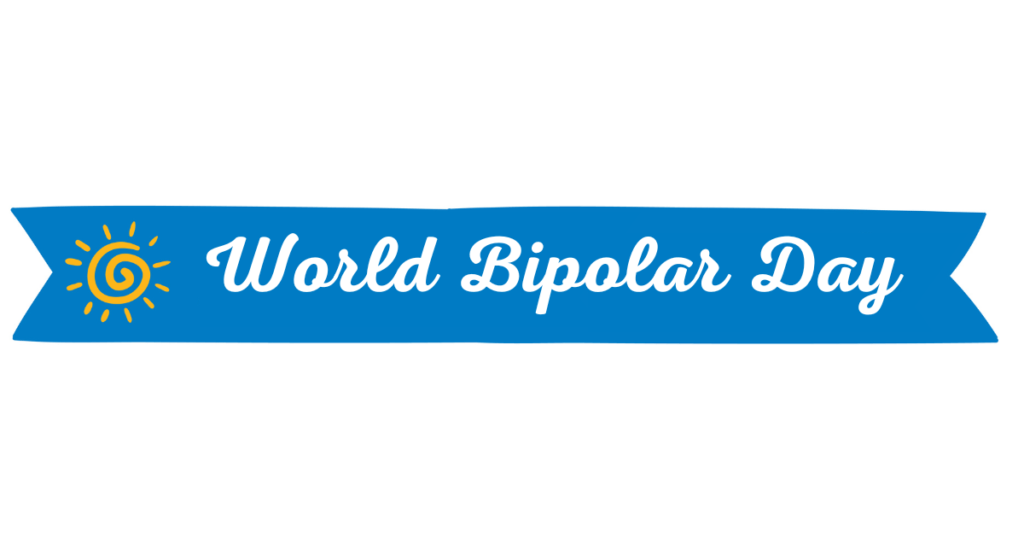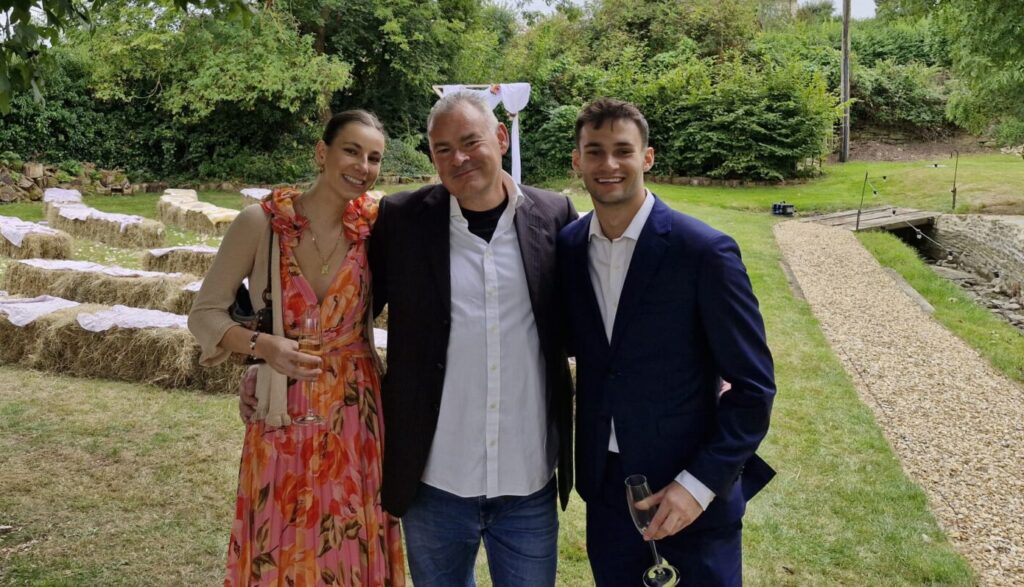My diagnosis of bipolar disorder type one was received relatively late in my life. I had just turned 42. I knew little about the illness and was more familiar with the term ‘manic depression.’ I was hostile, to put it mildly, to receiving this diagnosis. Inevitably, as is often the case, I had an involuntary hospitalisation that lasted two months. It was over the Christmas period and the whole experience was quite traumatic.
After I got out of hospital I had a prolonged down period that comes after mania. I had no energy, low mood, and troubling suicidal thoughts. That lasted about a year. As I got well I reflected on the months building up to my diagnosis of bipolar. I had been let go for the first time in a long time in my career. Both my godparents (my uncle and aunt) had died within the space of 4 months, my sister took her own life, my Dad was diagnosed with Alzheimer’s, my finances were spiralling out of control, and I was trying to be the perfect father to my twins who were 10 at the time and lived with me every other week.
Perhaps 2013 was just a freakishly bad year and I would never have another manic episode?
Nonetheless I was shaken and read up on the diagnosis as much as I could. I found ‘An Unquiet Mind’ by Kay Redfield Jamieson, a clinical psychologist who has bipolar disorder; a particularly insightful read. I took my prescribed medications and attended courses at the psychiatric hospital in CBT (Cognitive Behavioural Therapy and DBT (Dialectical behaviour therapy). It was a difficult time and my situation was challenging for my family and friends who were all very supportive. My twins in particular brought me much joy and I never felt judged by them.
I took my medications daily and slowly started getting back to exercising and playing soccer with my team. If I was to zoom in on one thing I did NOT do it would be not talking to a psychotherapist to help me deal with all that had happened. I was on a waiting list and as I was on a low disability income, for which I was grateful for, I could not afford a private therapist. As I stress in the Irish Independent article linked below, the value of talking to a professional psychotherapist is immense and helped me greatly to come terms not just with my diagnosis of bipolar, but challenges we all face in life on a regular basis.
I was fortunate enough to get introduced to a great therapist through my EAP programme a few weeks after my discharge from hospital after my second manic episode. Again, the involuntary hospitalisation had been over Christmas (2019) which was hard. This time around I bounced back a lot more quickly and was my normal/stable self within six months.
In addition to talking to a psychotherapist regularly and keeping a journal to track your mood some self care steps that have worked for me are:
- Long hikes/bike rides
- Sport – I play tennis and football regularly
- Exercises classes – I enjoy hot yoga
- Sleep soundtracks – a good sleep is key for those with bipolar
- Healthy diet and a low intake of alcohol. Not easy I must admit but I do try to buy 0% Guinness for home which has no alcohol and a third of the calories of a regular Guinness
- Music. I find listening and playing music (guitar) very calming and therapeutic
I am happy to share my experiences with bipolar for Aware as I am very conscious of the stigma those with the diagnosis continue to face. Much progress has been made but a lot of adverse reactions/comments persist around psychiatric hospitalisations (should be viewed as no different from any hospitalisation). It is as if you are a hero when you are discharged from hospital for a physical illness. But more of an outcast when people find out you were in a psychiatric ward. Even worse if it was involuntary.
Discrimination in the workplace is common too. Even the term ‘mental illness’ is viewed more negatively than ‘physical illness’ by colleagues /employers. As I discuss in the blog below, the brain is one of 100 very interconnected organs in the body so why distinguish between physical and mental health in the first place?
You can read more of Niall’s blogs below:
May 2021 Irish Independent Article
‘Is it time to reconsider the term ‘Mental Illness’?

This blog is by Niall O’Keeffe as part of a blog series for World Bipolar Day.


